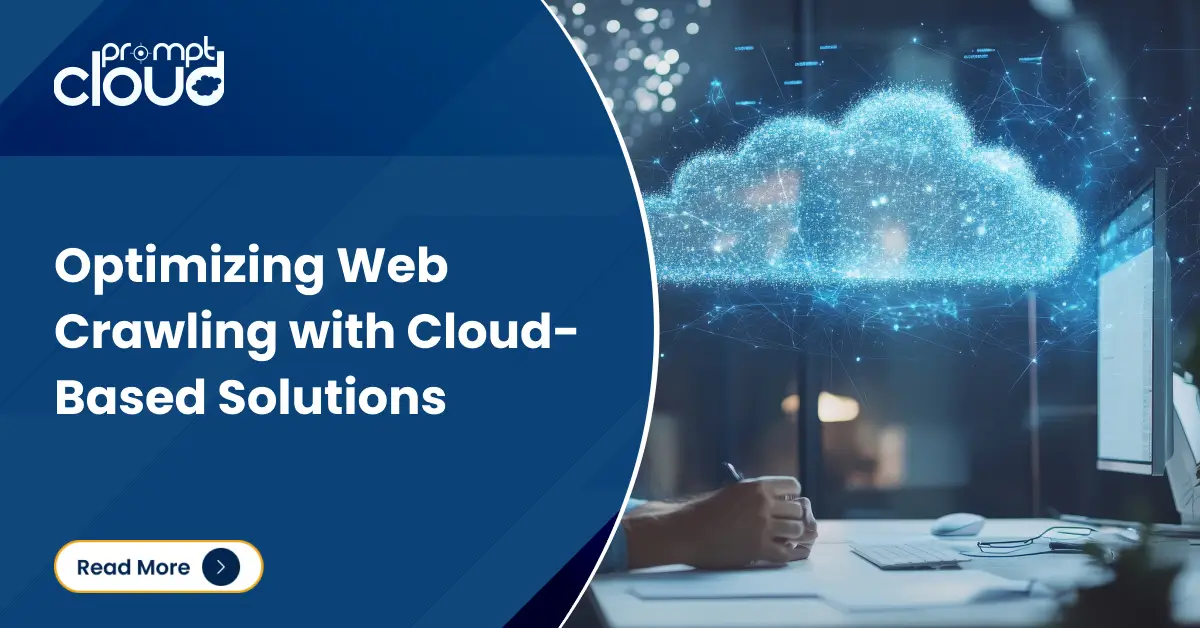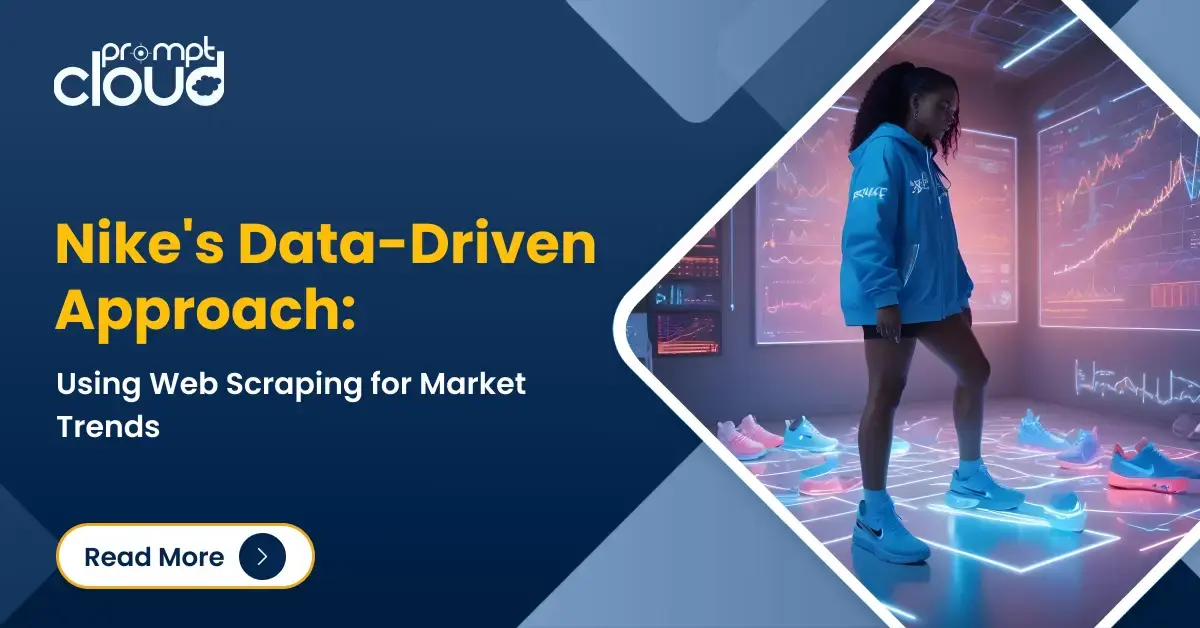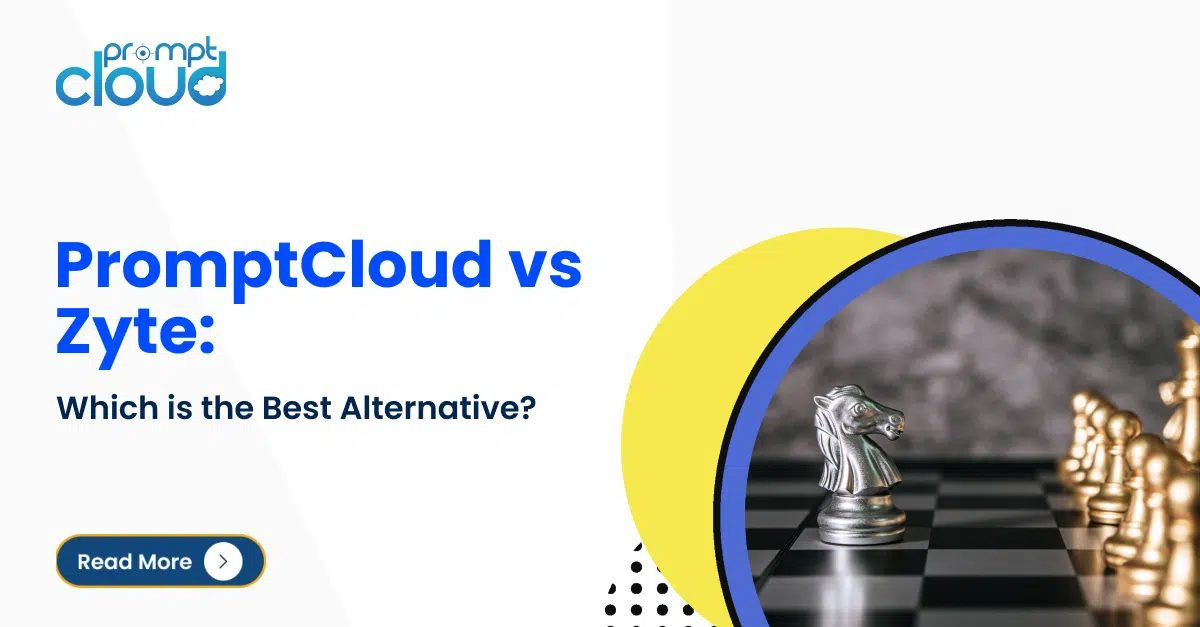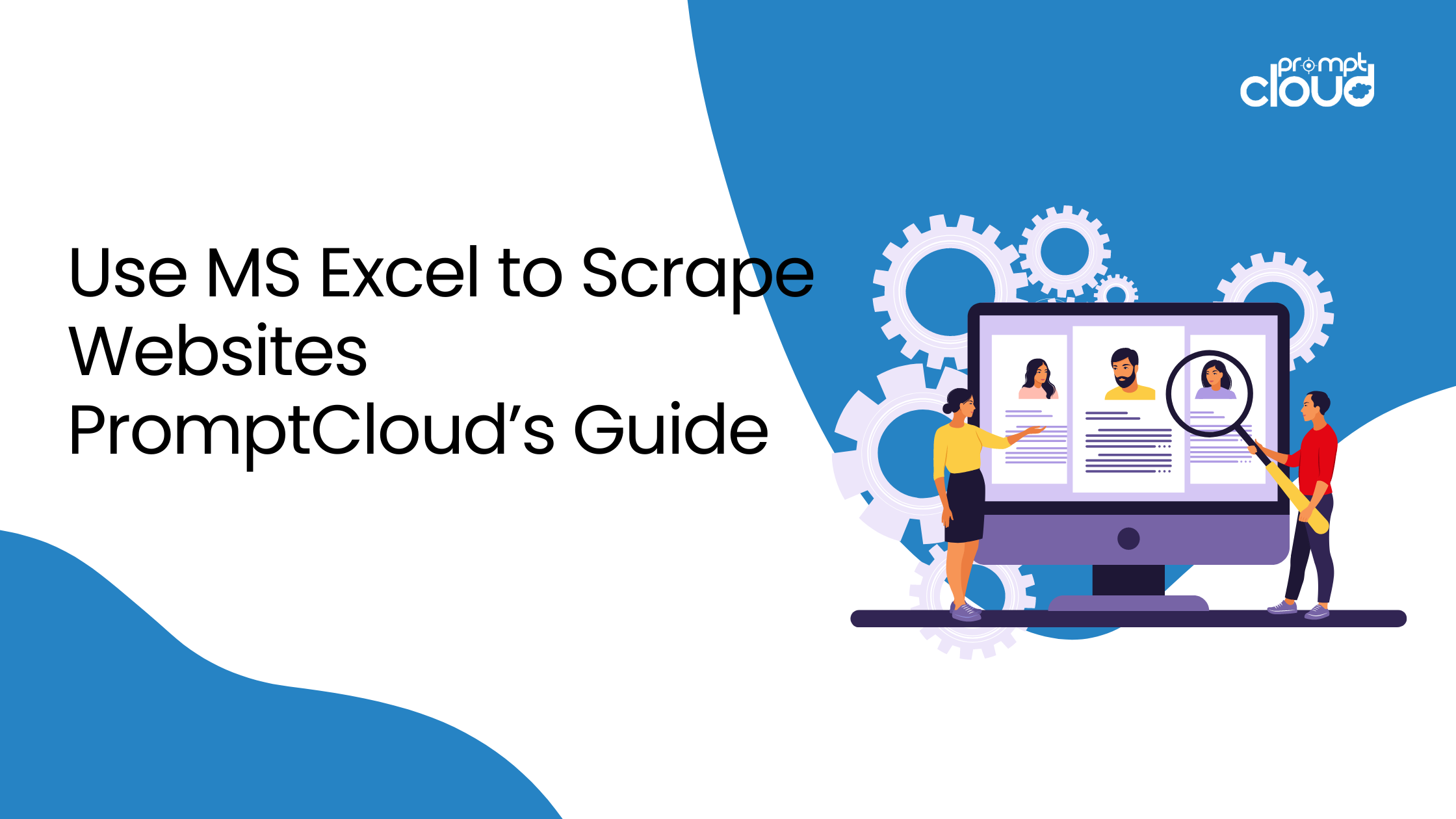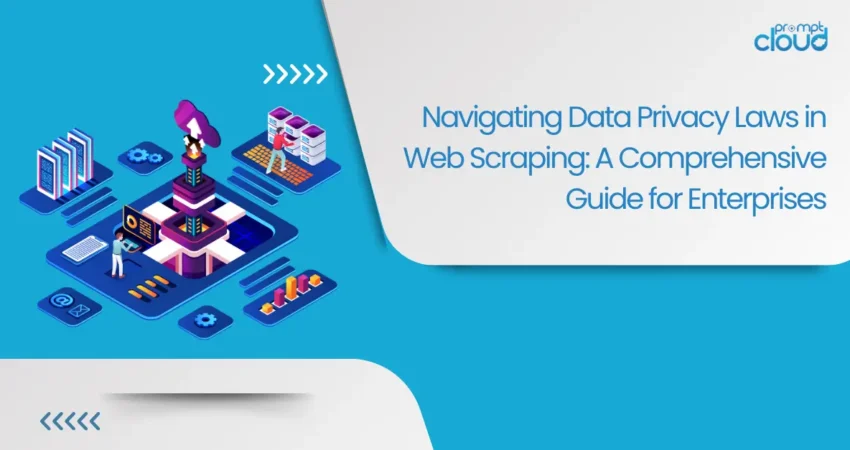
Web scraping, a powerful tool for businesses, involves the automated extraction of data from websites. This process allows companies to gather vast amounts of information from the web quickly and efficiently, turning unstructured web content into structured data suitable for analysis. By leveraging web scraping, businesses can gain critical insights into market trends, competitor strategies, consumer behavior, and much more, enabling them to make informed decisions, enhance their operations, and tailor their strategies to meet market demands effectively.
The importance of web scraping extends across various aspects of business operations, including market research, competitive analysis, lead generation, and product optimization. For instance, e-commerce companies use web scraping to monitor competitor pricing and product listings, while financial firms scrape data for real-time market insights and sentiment analysis. This ability to access and analyze relevant data at scale can provide businesses with a significant competitive edge.
However, the practice of web scraping introduces a significant challenge: navigating the complex landscape of data privacy laws. As businesses operate in a digital environment that increasingly values privacy, they must tread carefully to ensure that their data collection practices comply with a myriad of regulations that vary by country and region. Laws such as the General Data Protection Regulation (GDPR) in the European Union, the California Consumer Privacy Act (CCPA) in the United States, and many others, impose strict rules on how personal data can be collected, processed, and stored. These regulations are designed to protect individuals’ privacy rights and require businesses to adopt transparent and ethical data handling practices.
The challenge for businesses, therefore, lies in leveraging web scraping to drive growth and innovation while simultaneously ensuring that their data collection methods do not infringe upon privacy laws. This delicate balance demands a deep understanding of legal requirements, the implementation of ethical scraping practices, and the adoption of technologies that respect user consent and data protection standards. As the digital landscape continues to evolve, navigating this balance will remain a critical concern for businesses aiming to harness the power of web scraping in an ethical and legally compliant manner.
Why Data Privacy Laws Are Crucial for Web Scraping
Legal Compliance: At the heart of legal web scraping practices is the adherence to data privacy laws. These laws vary significantly across jurisdictions, with regulations like the GDPR in the European Union, CCPA in California, USA, and others setting stringent guidelines for handling personal data. Businesses must understand and comply with these laws to legally scrape and use data.
Trust and Reputation: Compliance with data privacy laws is not just a legal requirement but also a trust signal to customers and partners. Businesses that demonstrate respect for privacy rights can build stronger relationships and enhance their reputation in the market.
Avoiding Legal and Financial Risks: Non-compliance with data privacy laws can result in severe legal and financial consequences. Regulatory bodies worldwide have the authority to impose hefty fines on entities that violate privacy regulations. Moreover, non-compliance can lead to litigation, further financial liabilities, and damage to a company’s reputation.
Key Global Data Privacy Regulations
Navigating the global landscape of data privacy laws is crucial for businesses engaged in web scraping, as these regulations define how data can be legally collected, processed, and stored. Understanding the key legal frameworks across different jurisdictions can help enterprises ensure compliance and mitigate risks. Here are some of the most significant data privacy regulations globally:
General Data Protection Regulation (GDPR) – European Union
Source: https://gttb.com/compliance-regulatory-requirements/eu-general-data-protection-regulation-gdpr/
The GDPR is one of the most comprehensive data protection laws in the world, applicable to all organizations operating within the EU and those outside the EU that offer goods or services to, or monitor the behavior of, EU residents. It emphasizes transparency, accountability, and individuals’ rights over their personal data, requiring businesses to obtain explicit consent for data collection and providing individuals with the right to access, rectify, delete, or object to the processing of their data. Non-compliance can result in hefty fines up to €20 million or 4% of the annual global turnover, whichever is higher.
California Consumer Privacy Act (CCPA) and California Privacy Rights Act (CPRA) – United States
The CCPA, and its successor, the CPRA, provide California residents with rights similar to those under the GDPR, such as the right to know about the personal information a business collects about them and the purpose, the right to delete personal information, and the right to opt-out of the sale of their personal information. These acts apply to any business that collects consumers’ personal data, operates in California, and meets certain thresholds. Non-compliance can lead to fines and civil penalties.
Personal Information Protection and Electronic Documents Act (PIPEDA) – Canada
PIPEDA governs how private sector organizations collect, use, and disclose personal information in the course of commercial business in Canada. It requires businesses to obtain an individual’s consent when they collect, use, or disclose that individual’s personal information, providing Canadians with the right to access and challenge the accuracy of their personal information held by an organization. Violations of PIPEDA can lead to complaints, investigations, and potentially, court actions and fines.
Other Notable Regulations
- United Kingdom: Post-Brexit, the UK has adopted the UK GDPR, which mirrors the EU GDPR, maintaining the protection of personal data and the flow of information between the UK and the EU.
- Australia: The Privacy Act 1988, including the Australian Privacy Principles (APPs), regulates the handling of personal information by businesses and government agencies, offering individuals greater control over their personal data.
- Japan: The Act on the Protection of Personal Information (APPI) governs the use of personal data in Japan, emphasizing the protection of individuals’ rights while considering the utility of personal information. The APPI was significantly updated in 2020, enhancing protections and clarifying obligations for businesses.
Each of these regulations has its nuances and requirements, making it imperative for businesses engaged in web scraping to not only understand these laws but also to implement practices and policies that ensure compliance across all jurisdictions in which they operate.
Identifying the Type of Data You Can Scrape Legally
The legal landscape differentiates primarily between publicly available data and personal data, with specific considerations for handling each category.
Publicly Available Data
Publicly available data refers to information that is freely accessible to anyone without any restrictions. This could include information published on public websites, government databases, public records, and social media platforms where privacy settings are configured to make the information available to anyone. While scraping publicly available data is generally considered legal, it’s crucial to review the terms of service of the website, as some explicitly prohibit automated access or scraping.
Personal Data
Personal data is any information relating to an identified or identifiable natural person (‘data subject’). This can include names, email addresses, location data, IP addresses, and any other data that, either alone or in combination with other data, can identify a person. The legal considerations for scraping personal data are much more stringent:
- Consent: Many privacy laws, including the GDPR, require that you obtain explicit consent from individuals before collecting or processing their personal data. This consent must be informed, specific, and freely given.
- Legitimate Interest: In some cases, you may argue that you have a legitimate interest in processing personal data without explicit consent. However, this requires a careful assessment to ensure that your interest does not override the rights and freedoms of the data subjects.
- Transparency and Purpose Limitation: You must be transparent about how you intend to use the personal data and ensure that it is used only for the stated purposes. Any further processing not aligned with the original purpose may require new consent or another legal basis.
In summary, while web scraping can be a valuable tool for businesses, it’s essential to navigate the legal requirements carefully, especially when dealing with personal data. Understanding the distinction between publicly available data and personal data, and adhering to the relevant legal frameworks, will help ensure that your web scraping activities remain compliant.
How PromptCloud Ensures Compliance with Data Privacy Laws
PromptCloud is committed to ensuring that its web scraping services are fully compliant with global data privacy laws, recognizing the importance of ethical practices in the collection and use of data. By incorporating a range of features and methodologies, PromptCloud not only provides powerful data extraction capabilities but also ensures that businesses can scrape data responsibly, adhering to legal and ethical standards. Here’s how PromptCloud achieves this:
Compliance with Data Privacy Laws
- Regular Legal Reviews: PromptCloud stays abreast of the latest developments in data privacy regulations worldwide, including the GDPR, CCPA/CPRA, PIPEDA, and more, ensuring services are updated in line with legal requirements.
- Data Anonymization and Pseudonymization: To protect individual privacy, PromptCloud implements data anonymization and pseudonymization techniques where necessary, ensuring personal data is processed in a manner that enhances security and compliance.
- Consent Management: Recognizing the importance of consent under many privacy laws, PromptCloud offers guidance and tools for managing consent when scraping websites that require user agreement for data collection.
Responsible Scraping Features
- Adherence to Robots Exclusion Standard: PromptCloud respects the robots.txt file of websites, ensuring that its scraping activities do not violate the site owners’ instructions on automated data collection.
- Rate Limiting and Fair Use Policy: To prevent overloading web servers, PromptCloud employs rate limiting and a fair use policy that mimics human browsing behavior, ensuring a responsible use of resources.
- Customizable Data Extraction: Businesses can specify exactly what data they need, reducing the risk of collecting unnecessary personal information and ensuring compliance with data minimization principles.
PromptCloud understands that navigating the complexities of web scraping and data privacy can be challenging for businesses. That’s why we offer personalized consultations and free demos to help businesses understand how they can leverage our services while remaining compliant with data privacy laws.
Contact us today at sales@promptcloud.com to schedule a consultation or request a demo. Our experts will work with you to understand your data needs and demonstrate how our services can meet them within the framework of global data privacy laws.











